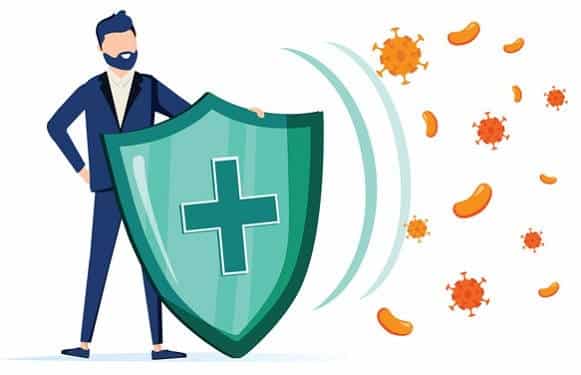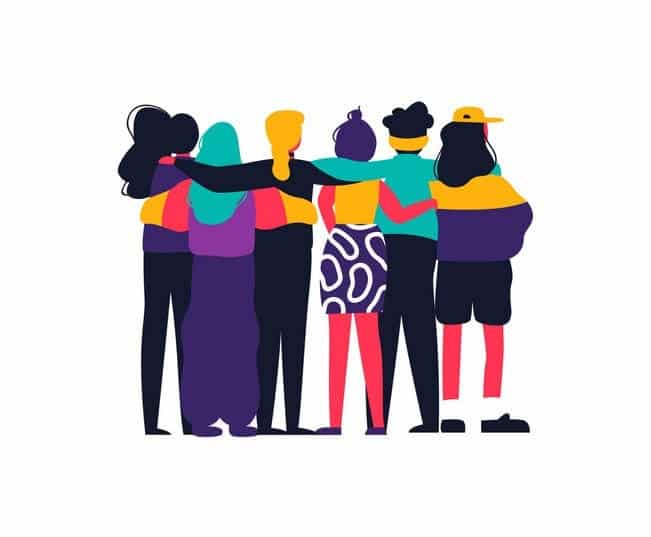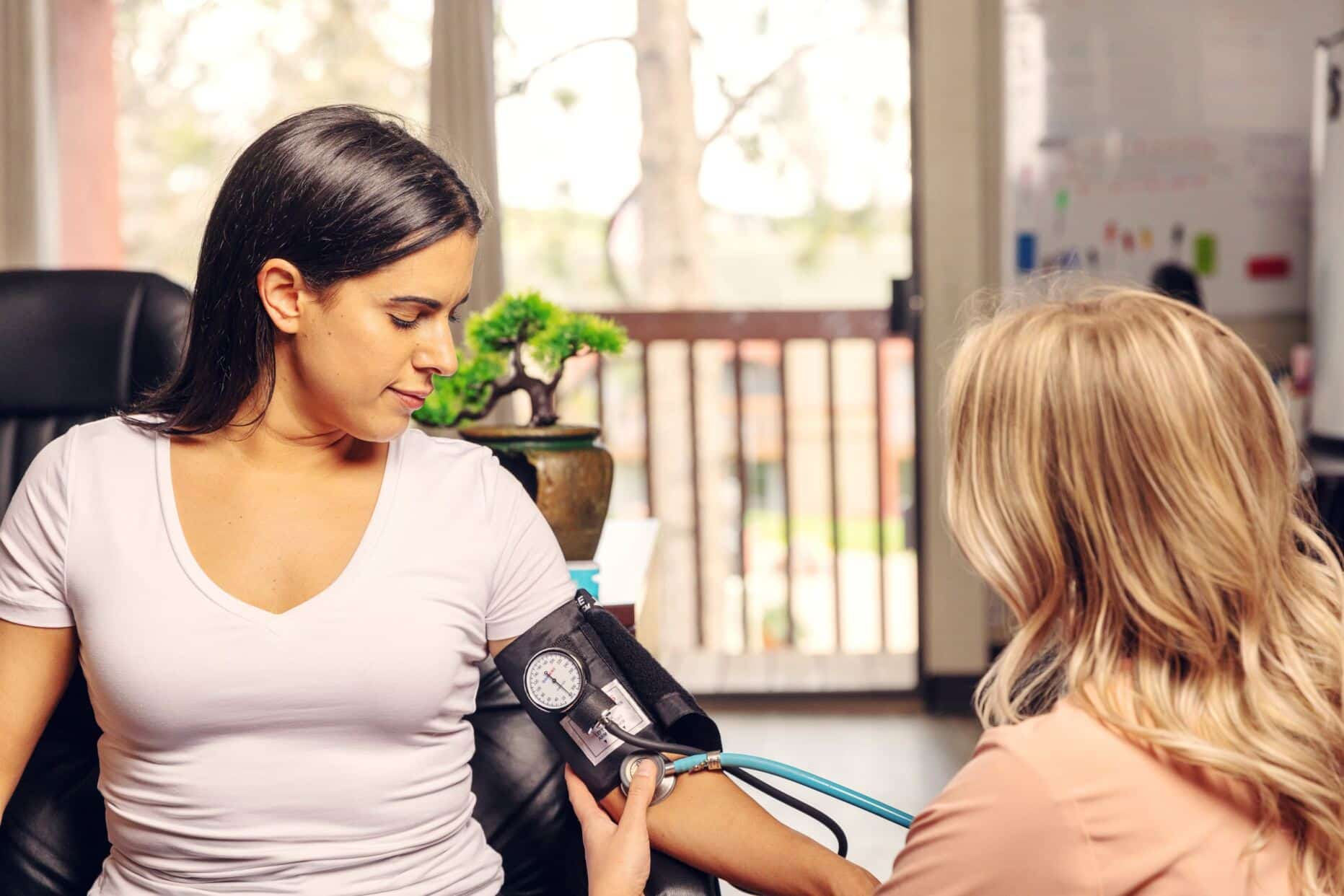We are living in unprecedented times. The COVID-19 outbreak as warranted many states to enact social distancing and lockdown protocols. With the increased time spent at home, many people are experiencing intense feelings of loneliness, anxiety, and even depression. This may lead to increased levels of substance use.
Those staying with family members may have new information coming to light: Are you noticing evidence of drug and alcohol abuse around the house? Is your spouse or hiding their drinking? How long has this been going on? There are a lot of questions that arise when someone starts looking at addiction treatment, either for themselves, or a loved one. What many people may not realize is that given the negative effects of social distancing, economic factors, and being in isolation, now is actually an opportune time to look into addiction treatment.
Here are 10 reasons why there has never been a better time to go to rehab:
1. It’s safe: Treatment facilities have followed the CDC’s recommendations to a tee.
Rehab centers are held to the highest standards, and prepared to meet the Centers for Disease Control and Prevention (CDC) guidelines1 early on in the Corona outbreak, which minimizes chances for clients to be exposed . They knew it was coming and began preventive measures: washing hands thoroughly and often, cleaning frequently used surfaces, keeping more space between clients, checking for coronavirus symptoms during the admissions process.
2. Stimulus by the government and extended unemployment mitigates the cost of taking time off.
To reduce the hardship of the lockdown, most Americans who earned $75,000 or less in 2018 or 2019 are or will receive an economic impact payment2 of $1,200 from the US Treasury Department and Internal Revenue Service. (Those with incomes above $75,000 but less than $98,000 will receive a smaller amount). Additionally, The economic relief plan will also extend state unemployment benefits—backdated to March 27—for 39 weeks, including to many who never qualified for unemployment benefits before, so long as their unemployment is tied to the COVID-19 pandemic. New recipients may include the self-employed, freelancers, part-time workers, and those who do gig work (Uber, Lyft). The federal government will also send the qualified unemployed an additional check for $600 to make up the difference between their normal paycheck and their unemployment compensation. People either off work or working from home, which allows them to check into rehab without having to take time off work. The stimulus check and extended unemployment benefits may also provide extra money to go towards out-of-pocket costs of rehab. Most insurance carriers also cover at least some of the cost of rehab, anyway. You can find out what your insurance policy covers here.

3. Drug use weakens the immune system, further increasing the chances of contracting the virus.
In addition to negative health effects of drug dependence and the possibility of overdose, substance use disorder also lowers your body’s ability to defend itself. This makes people who use drugs and alcohol more likely to contract COVID-19. With a novel coronavirus like COVID-19, for which there is no cure, a strong immune system is all we’ve got going for us.
4. Travel has never been more affordable.
When considering a stay at a residential detox facility, cost is definitely a factor. Consider this silver lining, however: The price of travel has dropped amid this season of social distancing. Most airlines are offering double-digit fares between major airports. Punch in a few simple details like dates and destinations and online travel agencies and aggregators3 dish up deals galore.
5. Many hospitals and clinics are overwhelmed with patients, making access to detox difficult.
With hospitals throughout the country in danger of being overwhelmed by COVID-19 (as well as other medical services that cannot be delayed), now is the worst possible time to have a substance use disorder-related emergency.
First responders may not have naloxone (Narcan) to reverse an opioid overdose. If they do, shortages of personal protective equipment (PPE) may mean they already have the virus and could pass it on to you. And then there’s the possibility of contracting COVID-19 at the hospital. (One in 20 patients catches a healthcare-associated infection4 on a normal day). Take advantage of the lockdown to deal with your substance use disorder in a therapeutic center with little chance of infection.

6. Time is better spent working on oneself rather than being stuck at home social distancing
Some people can take a week (or weeks) at home and thrive. Others will get a better boost outside their home. Overcoming addiction is one of the most difficult things a person can do, and there is no better time to seek treatment. Our facilities offer everything you need for a safe and comfortable detox, plus therapies to address underlying issues.5
7. Anxiety and Depression exacerbated by the fear of COVID-19 outbreak
Let’s face it. We’re all scared in this uncertain time. Anxiety and depression shadow every news update. But consider this: Resorting to substance use disorder6 won’t fix anything. It may be an escape, but it’s not a solution.If you also cope with depression or anxiety, medical professionals can help address that issue as well, as our treatment centers are fully equipped to address co-occurring disorders. Just like in today’s world, amid the fear there are stories of hope, of healing, of survival. Let’s make your story one of victory, not of defeat.
8. Limit Your Exposure to COVID-19
If someone is buying drugs from anther person and/or using drugs with others, there is an increased chance of contracting the COVID-19. People may not have any symptoms, but they could still have COVID-19 and pass it on to them.
By staying at an inpatient treatment center, a client stays in a structured and sterile environment. They won’t be exposed to drugs or alcohol which will lower changes of transmission of the COVID-19 virus. Treatment centers provide clean, comfortable settings that ensure the health and safety of their clients.

9. Fight Feelings of Isolation and Depression
Since COVID-19 is so contagious, we’re following social distancing practices that separate us physically from others. Many of us can’t go to workplaces, schools, sites of worship, and other areas where we normally gather.Our lives may be dramatically different, and this can create feelings of isolation and depression. If a person is fighting feelings of anxiety, depression, and urges to self-medicate, they should consider a residential detox. There are doctors and mental health professionals who understand what it’s like to live with depression, anxiety, and self-medicating with substances. They can also ease the anxiety caused by the COVID-19 outbreak.

10. Meet People Who Can Help
You might feel hopeless during this time of isolation, social distancing, and internal struggle. You don’t have to be alone, however. Treatment centers include compassionate, experienced professionals, and many have struggled with addiction themselves. A strong support system can help someone heal from addiction and find lasting recovery.Other people are eager to help. You don’t have to be alone.
References:
- cdc.gov – How to Protect Yourself
- irs.gov – Economic impact payments: What you need to know
- frommers.com – The 10 Best (and Worst) Airfare Search Sites for 2020
- beckershospitalreview.com – Most Common Healthcare-Associated Infections: 25 Bacteria, Viruses Causing HAIs
- drugabuse.gov – Drugs, Brains, and Behavior: The Science of Addiction
- cdc.gov – Stress and Coping
- cbs19news.com – How are Addiction Treatment Centers maintaining services yet protecting patients amid the coronavirus pandemic
- hiv.va.gov – Drug and Alcohol Effects on the Immune System
- forbes.com – Study: 17.9% of People with COVID-19 Coronavirus Had No Symptoms
- themighty.com – 7 Things to Do If Social Distancing Is Triggering Your Depression
- sciencedirect.com – Effect of Social Support on Substance Use Disorder Relapse in a Residential Treatment Setting for Women
- nytimes.com/ – F.A.Q. on Stimulus Checks, Unemployment and the Coronavirus Plan
- cnbc.com– Are you newly eligible for unemployment insurance? Here’s what to know
Medical disclaimer:
Sunshine Behavioral Health strives to help people who are facing substance abuse, addiction, mental health disorders, or a combination of these conditions. It does this by providing compassionate care and evidence-based content that addresses health, treatment, and recovery.
Licensed medical professionals review material we publish on our site. The material is not a substitute for qualified medical diagnoses, treatment, or advice. It should not be used to replace the suggestions of your personal physician or other health care professionals.







